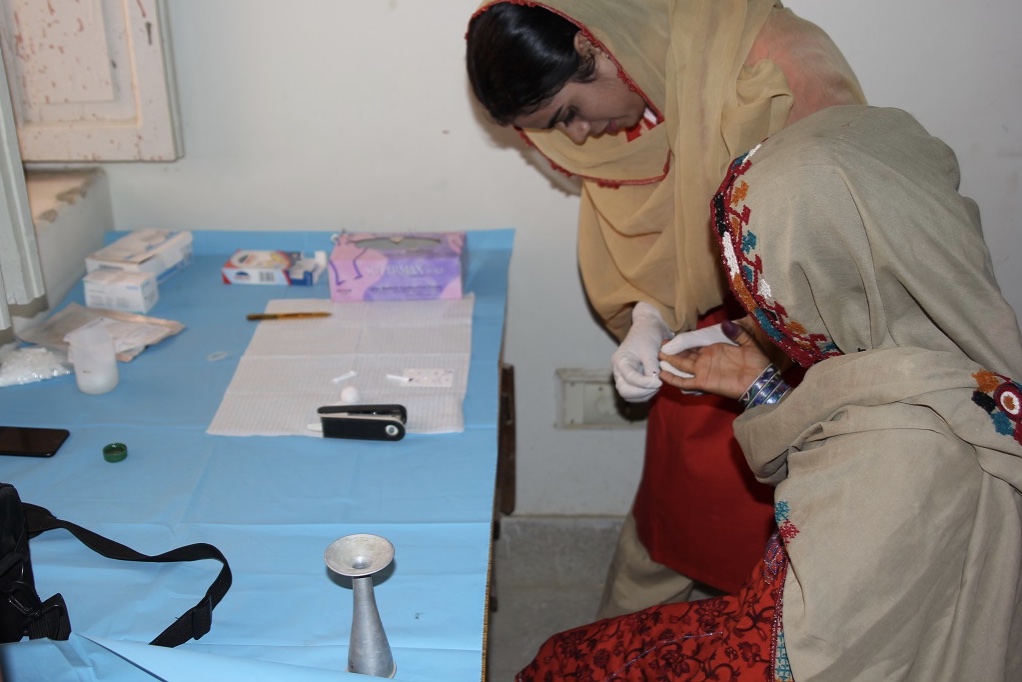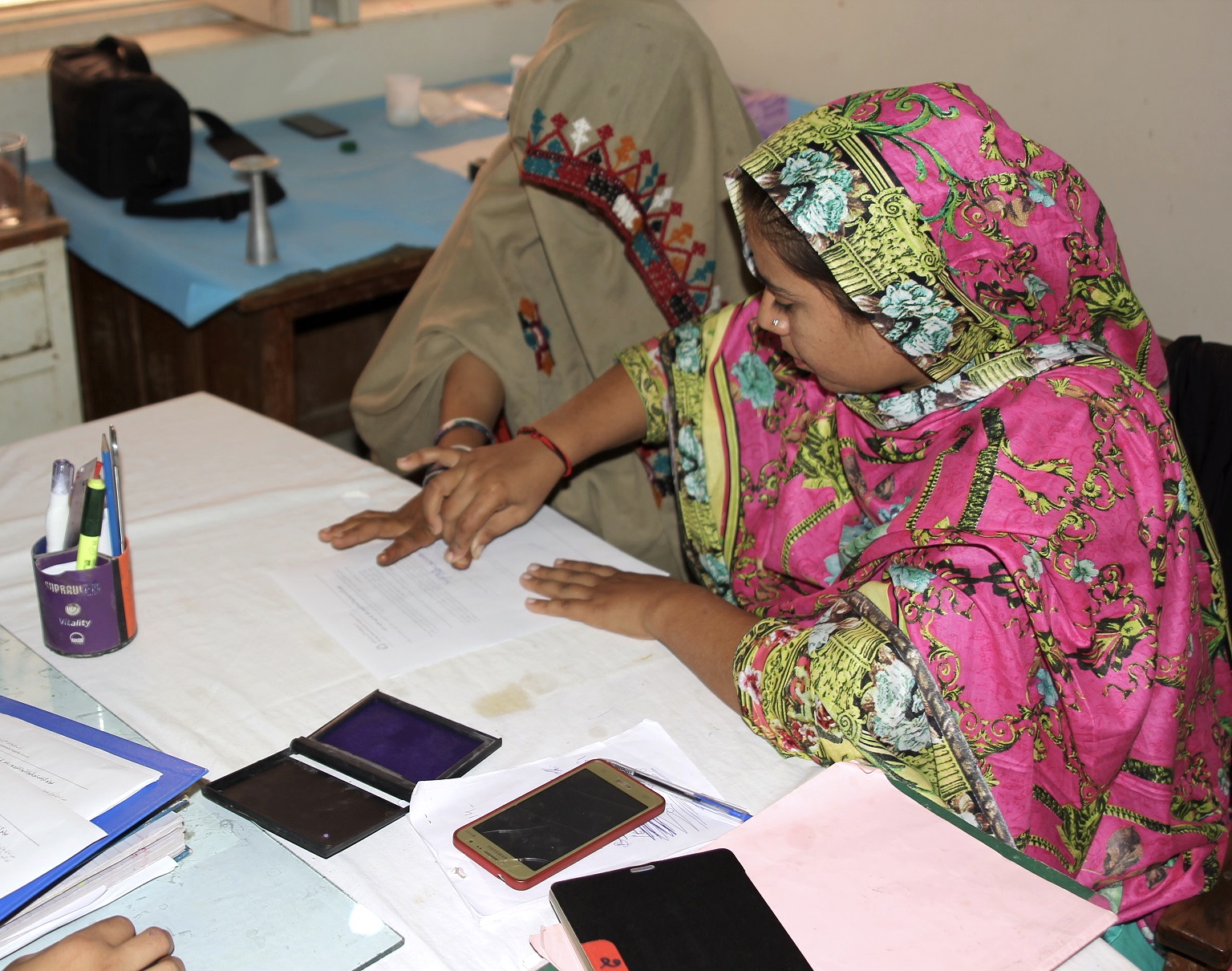Rhesus (Rh) disease
Rhesus (Rh) hemolytic disease is a preventable disease of the newborn that is caused by an incompatibility between maternal and fetal red blood cells. Rh disease can cause miscarriage, stillbirth or early newborn death, and among surviving newborns, the disease can lead to severe jaundice, anemia, long-term developmental delays and death. Despite the availability of effective screening and prevention strategies that have contributed to the near eradication of Rh disease in high-income countries, the burden of Rh disease remains disproportionately high in low- and middle-income countries (LMICs). Globally, 373,300 live births, or 276 babies per 100,000 live births, were estimated to be affected by Rh disease in 20101. The prevalence of the disease is estimated to be greatest in countries with neonatal mortality rates equal to or greater than 15 newborn deaths per 1000 live births.


Pilot study
The first step towards preventing Rh disease of the newborn is the early identification and prophylactic treatment of Rh(D)-negative women with two doses of anti-D immunoprophylaxis (RhIg). The availability of easy-to-use, portable, and affordable technologies can bring Rh testing to rural hard-to-reach communities in LMICs. One such technology is the point-of-care EldonCard blood test, which requires only a drop of blood and yields an ABO and Rh(D) blood group result in two minutes that can be interpreted by the eye. The dry format cards are easy-to-use, have a long shelf life, and require no cold-chain.
Between June 2018 and May 2019, we enrolled participants in a prospective cohort study that was implemented in two healthcare facilities in Dadu District, Sindh, Pakistan and assessed the feasibility of point-of-care identification of Rh-negative women using the EldonCard blood test. The following characteristics of feasibility were explored: acceptance of the point-of-care test by pregnant women; the ability of lady health visitors to administer the point-of-care test and interpret the results; administration of RhIg prophylaxis by lady health visitors; and acceptability of RhIg by pregnant women. Moreover, knowledge regarding Rh disease and its consequences was assessed at enrolment and exit from the study among pregnant women, lady health visitors and other health care professionals and the prevalence of Rh(D)-negative blood groups in the study population was determined. Finally, the miscarriage, stillbirth, and neonatal mortality rates were determined and compared among Rh(D)-positive and Rh(D)-negative participants.
- Bhutani VK, Zipursky A, Blencowe H, Khanna R, Sgro M, Ebbesen F, et al. Neonatal hyperbilirubinemia and Rhesus disease of the newborn: incidence and impairment estimate for 2010 at regional and global levels. Pediatr Res. 2013;74 Suppl 1(Suppl 1):86-100.

